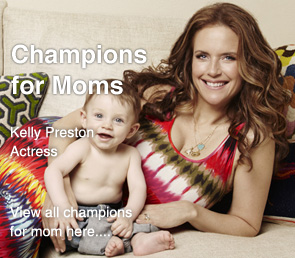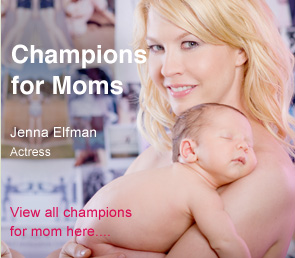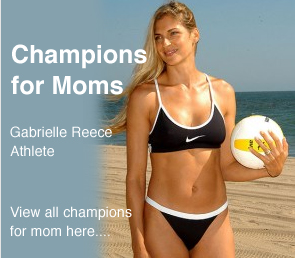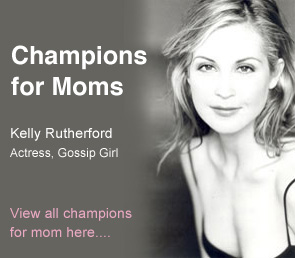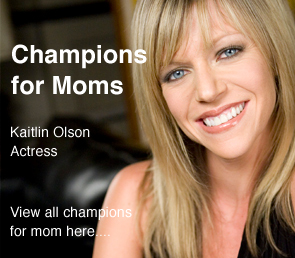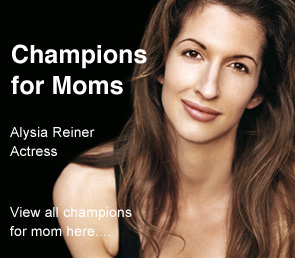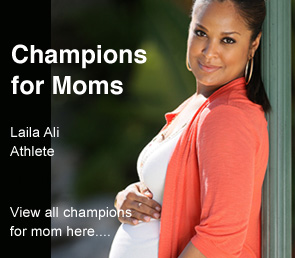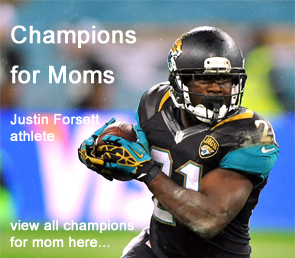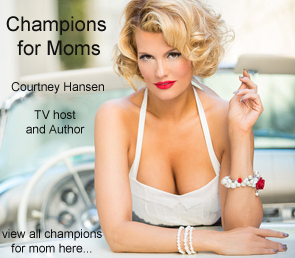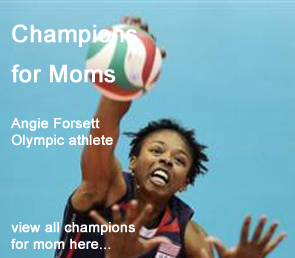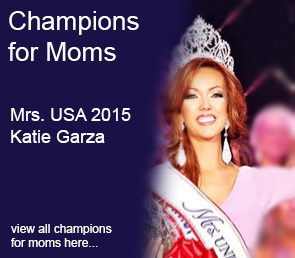This week the media reported on a study published earlier this year suggesting an association between breastfeeding and lowered risk of depression among children in adulthood.
It was a small, retrospective study comparing the infant feeding histories of adults being treated for major depression and those who had never been treated for depression. It found an association between breastfeeding (defined as two weeks or more) and lowered risk of depression in adulthood, when controlling for other risk factors for depression.
Now, this was a small, retrospective study, and is not a whole lot to hang your hat on. But it offers a hint of a connection between breastfeeding and adult depression that I thought was worth investigating.
Why would you see an association between breastfeeding and the mental health of adults? If this association is in fact there, is it related to something in the milk? The act of breastfeeding?
I recently conducted a podcast interview with Dr. Kathleen Kendall-Tackett, author of Depression in New Mothers and co-author of Breastfeeding Made Simple about breastfeeding and depression which offers a clue. Here’s a transcript of the related part of the discussion:
Tanya Lieberman (TL): What do we know about the short and long term effects on babies of having a depressed mother?
Kathleen Kendall-Tackett (KKT): Well, unfortunately we know actually a lot about that. But there are a lot of things that kind of modify it, so I need to clarify that.
We do know long term effects of mothers who are depressed. It causes depression in their children, and that shows up as early as three months. The unfortunate thing is that depression tends to impact the interaction style of mother and baby, so a lot of times, the most common style is that the mothers can kind of disengage from their babies, and not be connected to their babies. So the babies are showing little cues that they want to interact, and the moms - it’s just not even fazing them. And that’s very stressful for the babies.
But the things that modify it are things like having another parent around who is not depressed, being around other non-depressed people, and the mother’s educational level seems to make it less risky. It also depends on how long the mother’s depression is, how severe it is - there are lots and lots of factors. But what I think that literature does very strongly say is, you need to treat depression because there are influences on the baby. And when you go long term, we can look at the effects of maternal/paternal depression in children all the way through early adulthood….
Now, what’s interesting is that one study has looked at this with breastfeeding. And found that if a mother is depressed but breastfeeding, her baby is not showing the signs of the depressed, non-breastfeeding mother.
TL: Is that because of the interaction that’s required in breastfeeding?
KKT: That’s exactly what it is. It’s that those mothers were looking at their babies, making eye contact more with their babies, you know, maybe not as much as if those mothers were not depressed. But it was enough that breastfeeding actually protected those babies from the effects of maternal depression.
So, what is it about breastfeeding that promotes this interactive style which is likely protective? Is it the oxytocin involved in breastfeeding which promotes an interaction style which is protective, breaking through the “disengagement” typical of depressed mothers? Is it a lowering of stress hormones associated with skin-to-skin contact? Is it something about the way breastfeeding usually works - a kind of dance/negotiation between mother and child which requires more attention and interaction? We don’t know.
But I think we can say with some certainty, the following:
1) Maternal depression (and related postpartum emotional difficulties) can pose serious risks to mothers, and requires treatment. In my interview Kathleen discussed both anti-depressants and other treatments for nursing mothers which have been shown effective.
2) Untreated depression in mothers can have an effect on babies, which is all the more reason to treat it.
3) Breastfeeding may modify the effect of depression on babies. (But even if you’re breastfeeding it’s still important to seek help if you’re experiencing depression or other postpartum emotional difficulties!)
4) Research has also shown that breastfeeding - if it’s going well - protects mothers from depression, but that if it’s not going well it can be a potent trigger for depression. So getting support and avoiding the Booby Traps is also critical.
Finally, if the reason why breastfeeding modifies the effect of depression on babies is the interaction between mother and baby, non-breastfeeding mothers who are depressed might want to take a look at our article, “How to Bottle-feed as You’d Breastfeed.”



